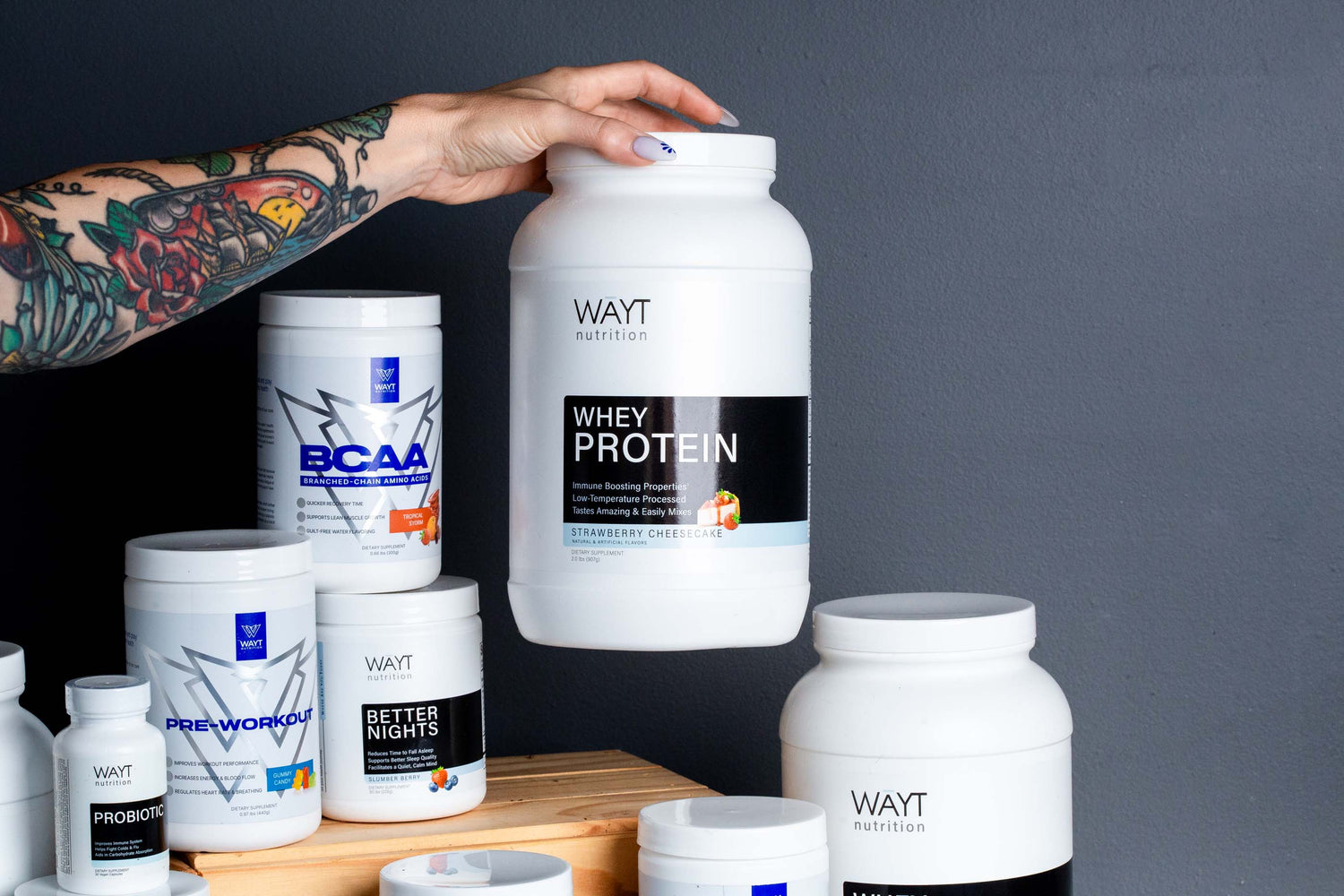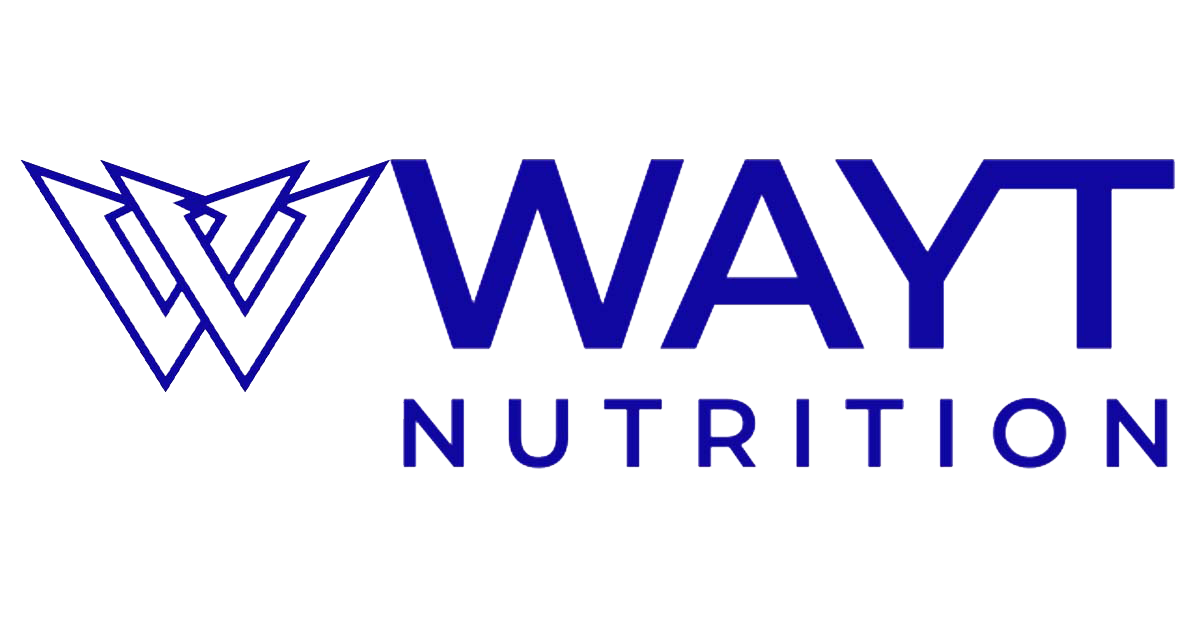Plant-based diets are a healthy way to focus your eating patterns around foods primarily derived from plants. Despite its name, you can still eat meat, dairy, and animal by-products on a plant-based diet. You're simply choosing the majority of your foods from plant sources to pack in your nutrition.
The good news is there are plenty of benefits to eating a plant-based diet and still enjoy your nutrition goals. Here's how the diet works and why you should try it.
Change How You Think About Meat
 If you're new to plant-based diet eating, you're probably accustomed to meat as the cornerstone of a hearty meal. You can still eat some meat on a plant-based diet if you want, but make it a small side dish or garnish.
If you're new to plant-based diet eating, you're probably accustomed to meat as the cornerstone of a hearty meal. You can still eat some meat on a plant-based diet if you want, but make it a small side dish or garnish.
Focus the bulk of your daily nutrition around seeds, nuts, fruits, and vegetables, and start to sideline meat.
Reduce Health Risks
Plant-based diets can be as delicious as they are nutritious but also reduce your health risks. Studies show that eating less meat and adding more fruits, vegetables, and healthy fats could reduce heart disease, hypertension, diabetes, digestive issues, some cancers, and obesity for healthier living.
Increase Your Protein

It's essential to keep your protein intake high when you're consuming less meat. Protein is one of the seven elements of nutrition, and there are plenty of ways to pack in the protein on a plant-based diet. Start by focusing on nuts, seeds, beans, and dark leafy greens.
Beyond diet, supplements also help provide the nutrition you need. WAYT Nutrition also offers Whey Protein supplements to support lean muscle growth and fortify your health and immunity.
Slow Down Cognitive Decline
Stay mentally sharp and reduce your risk of cognitive decline issues like dental with a plant-based diet. Boston University School of Medicine researchers found eating more berries, green leafy vegetables, and limiting animal products can help prevent or slow down illnesses like Alzheimer's disease.
Avoid Plant-Based Diet Pitfalls
 As healthy and robust as switching to a plant-based diet can be, there are also pitfalls to avoid. It's easy to fall into temptations of processed foods and sugary snacks while avoiding meat and animal by-products.
As healthy and robust as switching to a plant-based diet can be, there are also pitfalls to avoid. It's easy to fall into temptations of processed foods and sugary snacks while avoiding meat and animal by-products.
Chart out a week's worth of meals and snacks to reach for. You'll have plenty of options when you can't think through healthy plant-based snacks on a busy day.
Don't Reinvent the Wheel
You can still incorporate plant-based ingredients into your favorite meals and still skip the meat, eggs, and milk. Switch to beans and lentils on taco Tuesdays, complete with avocados and salsa. Or skip the meat and focus on beans in your chili and savor plant-based burgers at your next cook-out.
Start Slowly
Start slowly if you're not accustomed to eating a plant-based diet, such as the Mediterranean Diet. Schedule a vegetarian dinner at least once a week and incorporate more healthy snacks during your day. Dried fruit, smoothies, and sea salt popcorn are all tasty snacks that focus on the plant-based concept.
Support Your Immune System

Plant-based diets help support your immune system with a healthy array of vitamins and minerals like phytochemicals and antioxidants that help keep your cells healthy. Consuming plant-based helps your body fight off infection and reduce inflammation and free radicals in your body.
Make sure you get in the vitamins and minerals you need when switching to plant-based eating. Incorporate an essential multi-vitamin into your diet to boost your immunity with the help of zinc and magnesium. We formulated this life-changing vitamin to offer up all the vitamins and minerals the body needs to optimize your health and support an active lifestyle.
Final Thoughts
Skipping the animal by-products and focusing on plant-based foods is a powerful way to empower your health. Supplements for protein and whole foods can give your nutrition a boost quickly. Ready to retake control of your health and empower your body? Browse our selection of supplements here.

